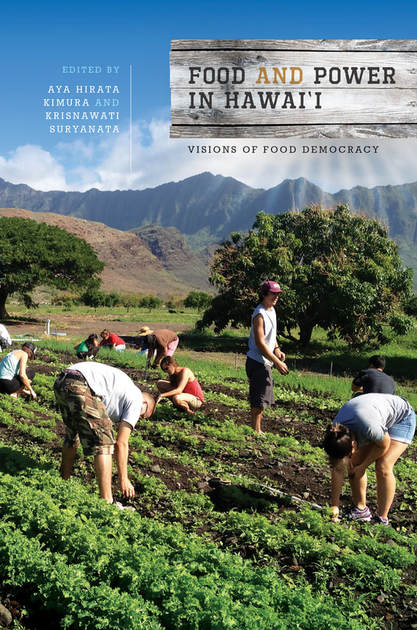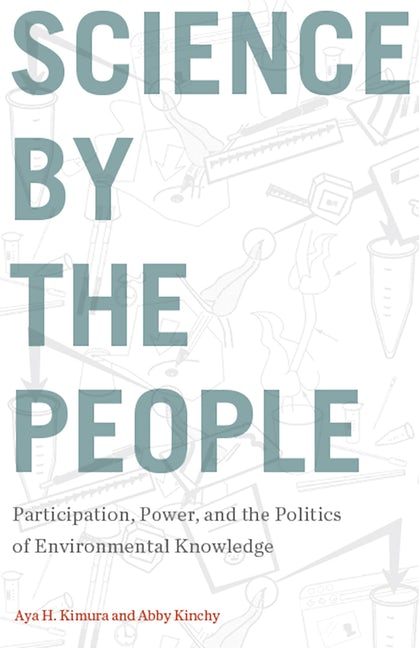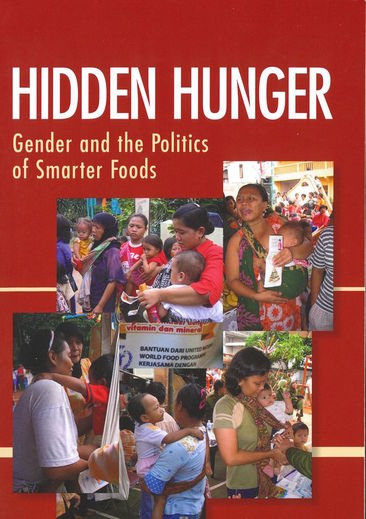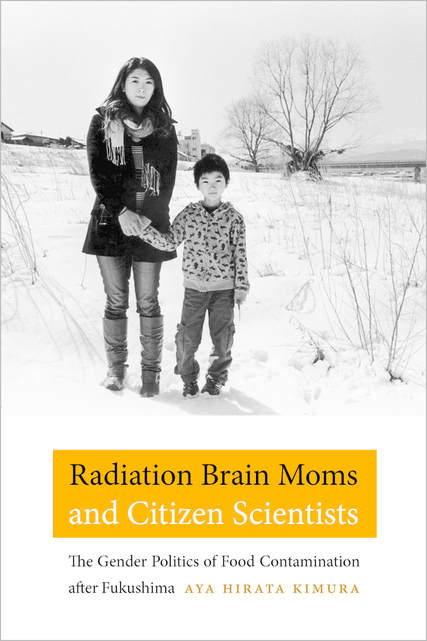
Food and Power in Hawaii`i (University of Hawaii Press)
Reviews
"A rich compilation of case studies by island scholars and writers, “Food and Power in Hawaii: Visions of Food Democracy” explores the diversity of food challenges faced by the state. Edited by Aya H. Kimura and Krisnawati Suryanata of University of Hawaii at Manoa’s College of Social Sciences, the University of Hawaii Press publication includes discussions on land use policies, a gendered and racialized farming population, benefits and costs of biotechnology, stratified access to nutritious foods, as well as ensuring the economic viability of farms. Defying the reductive approach that looks only at calories or tonnage of food produced and consumed as indicators of a sound food system, “Food and Power in Hawaii” shows how food problems are necessarily layered with other sociocultural and economic problems, and uses food democracy as the guiding framework." - West Hawaii Today
Reviews
"A rich compilation of case studies by island scholars and writers, “Food and Power in Hawaii: Visions of Food Democracy” explores the diversity of food challenges faced by the state. Edited by Aya H. Kimura and Krisnawati Suryanata of University of Hawaii at Manoa’s College of Social Sciences, the University of Hawaii Press publication includes discussions on land use policies, a gendered and racialized farming population, benefits and costs of biotechnology, stratified access to nutritious foods, as well as ensuring the economic viability of farms. Defying the reductive approach that looks only at calories or tonnage of food produced and consumed as indicators of a sound food system, “Food and Power in Hawaii” shows how food problems are necessarily layered with other sociocultural and economic problems, and uses food democracy as the guiding framework." - West Hawaii Today
Published in Fall 2019 from Rutgers University Press
Science by the People: Participation, Power, and the Politics of Environmental Knowledge
Science by the People: Participation, Power, and the Politics of Environmental Knowledge

Kimura (Univ. of Hawaiʻi-Mānoa) and Kinchy (Rensselaer Polytechnic Institute) critically investigate the complexities of environmental citizen science with attention to citizenship, participation, and structural inequalities...They contribute uniquely to the literature on citizen science by seriously considering power and structural obstacles....While avoiding both cynicism and celebration, Kimura and Kinchy here suggest ways that citizen science can address dilemmas and meaningfully involve people who have been excluded from science.
--A. C. S. Swords, in Choice Magazine
--A. C. S. Swords, in Choice Magazine


